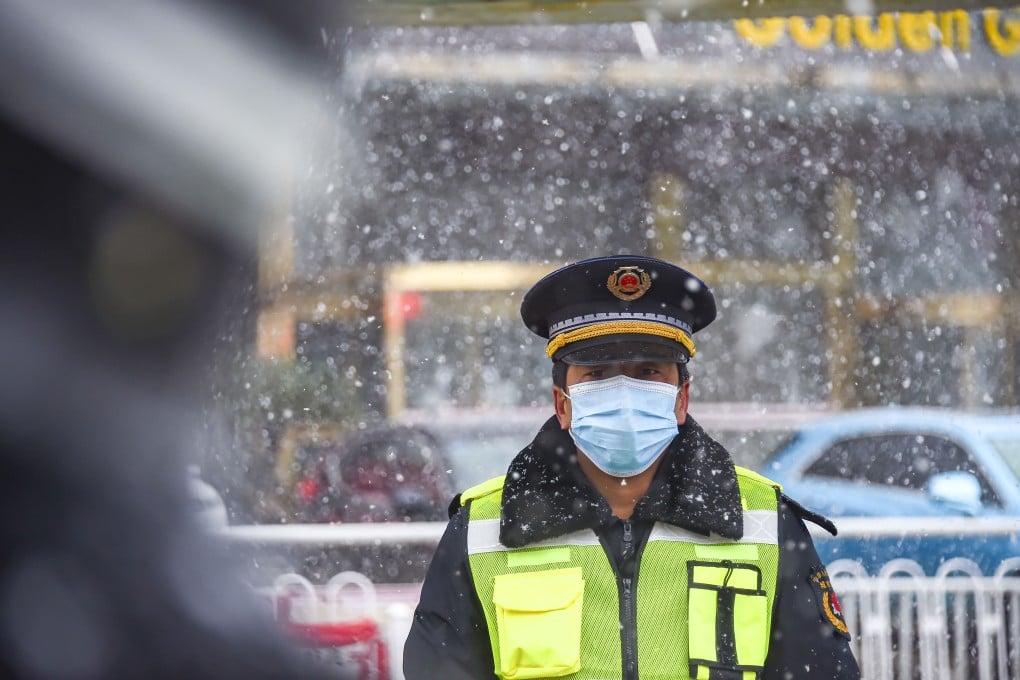Advertisement
Coronavirus: China’s Hubei province orders everybody to stay home
- About 200,000 rural communities with 24 million people go into lockdown as other parts of the country start to ease restrictions on movement
- Bans on playing mahjong and cards, and road traffic limited to police vans, ambulances and other official vehicles
Reading Time:3 minutes
Why you can trust SCMP

The central Chinese province of Hubei escalated its restrictions to contain a coronavirus epidemic on the weekend, ordering the province’s residents – including 24 million people in rural areas – to stay home until further notice.
The orders came as the death toll from the outbreak neared 1,700, including reports of the first death in Europe and Taiwan on the weekend.
But the central government said on Sunday that the number of new cases of the disease, now known as Covid-19, fell for a third day in a row on Saturday.
Advertisement
A 60-year-old man who had a chronic disease died of complications from pneumonia and septicaemia on Saturday, becoming Taiwan’s first death from the coronavirus, Taiwanese Health Minister Chen Shih-chung said.
“The man had not travelled abroad. Because Singapore has reported quite a few examples of coronavirus with no travel history we decided to check if he was infected and found he tested positive for the virus,” Chen said.
Advertisement
He said the man had worked as an unlicensed taxi driver, and his passengers were mostly from mainland China, Hong Kong and Macau.
Advertisement
Select Voice
Select Speed
1.00x